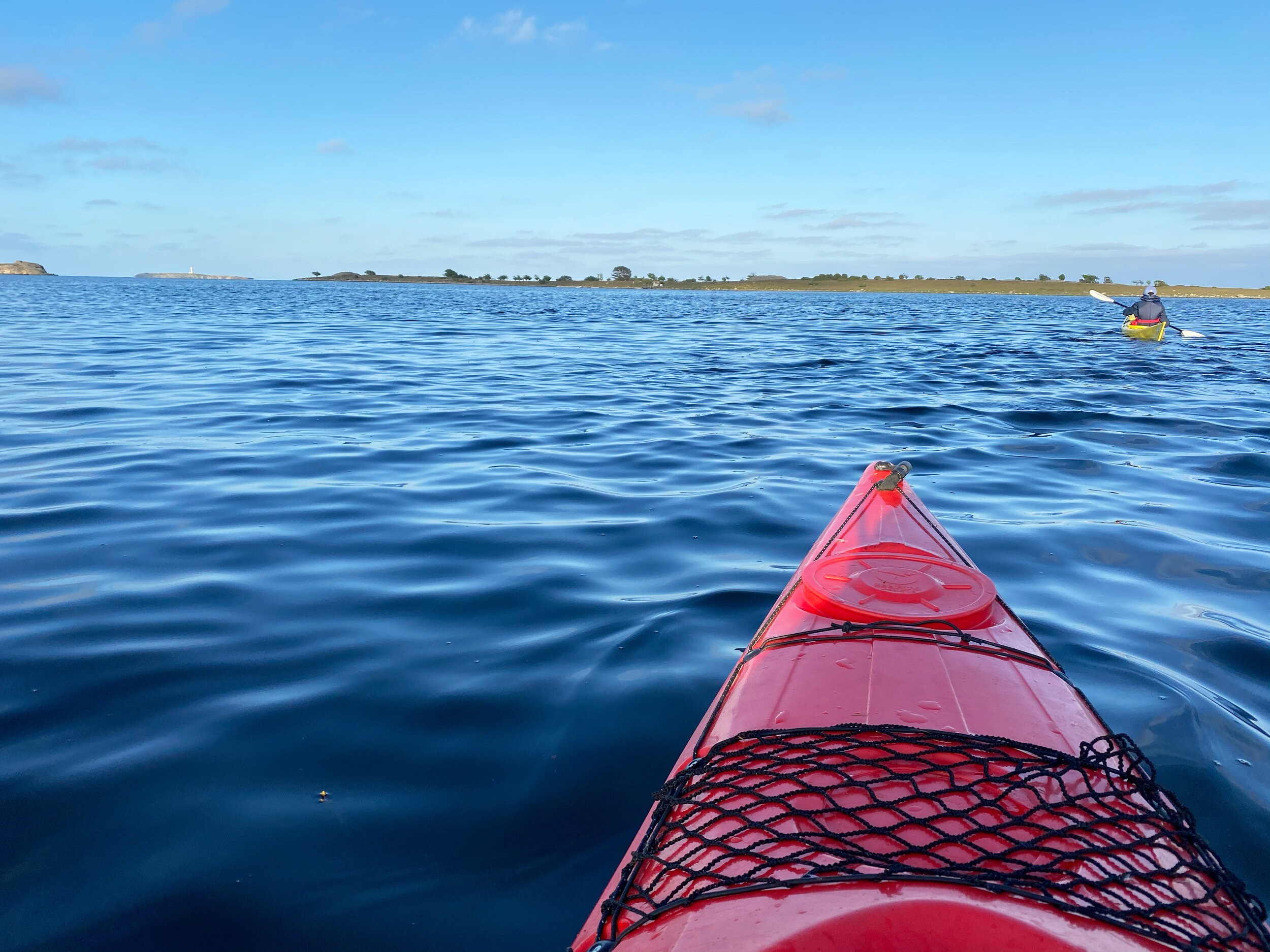Today, COP23 (Conference of the Parties) started. This is the UN's climate negotiations, under the UNFCCC (United Nations Framework Convention on Climate Change). Did I mention that they love abbreviations at COP?
This years COP is taking place in Bonn, Germany, but is hosted by Fiji. This is the first time a small island state is hosting COP. Fiji was the first state to formally ratify the Paris agreement, the global climate agreement from 2015 where almost all nations has come together to limit global warming to 2 degree celsius, but aiming for 1,5 degree celsius. Before coming to COP, Fijis prime minister announced that having a small island state as host would affect this years negotiations. In his opening speech, he also said that: 'It is a message to the world that all 7.5 billion people on earth are in the same canoe. We are all affected by climate change and we all need to act'. This is the very true, even though some states, as small island states will feel the effects of climate change sooner than others.
The key thing to sort out during this COP is making a 'rulebook' for how the Paris agreement should be implemented, and how states should be able to hold each other accountable and have transparency to see that each other are delivering their set targets. Norway's minister of climate and environment, Vidar Helgesen actually went as far as saying that 'it's a good sign if nothing much is heard from this meeting'. This might be also be a reference to the tense fact that Trump previously this year announced that he was going to withdraw the US from the Paris agreement. Formally though, this is a process that takes years, so as per this COP, the US is still in the negotiations. Therefore, the hopes are that they won't try to block good initiatives even though they don't see a reason to helping this planet come together to solve the climate problem.
Because COP isn't needed less now, it is needed more. 2017 is currently in the lead to become one of the three warmest years currently on record, including that it has been a year with an abnormal amount of extreme weather events all across the globe. Currently, we are on the track for a 3 degree celsius warmer globe, which means that our current efforts are not enough to combat the rising temperatures.
Another key discussion topic of COP23 is 'loss and damage' - the mechanisms that is compensating developing nations that has done little to cause the climate change, but has been affected the most.
The outcome that is most desired from COP23 is both getting the 'rulebook' in place for next years negotiations, but also the belief that UN still has a vital part to play in how we organise joint efforts on a global scale to tackle problems facing humanity. This isn't asking for little, but as Christiana Figueres, COP president of the COP21 in Paris said 'Paris (agreement) is everyone’s deal. It belongs to cities, businesses, NGOs and all of global civil society as much as it belongs to nation-states'. Also, it is the best we've got.









